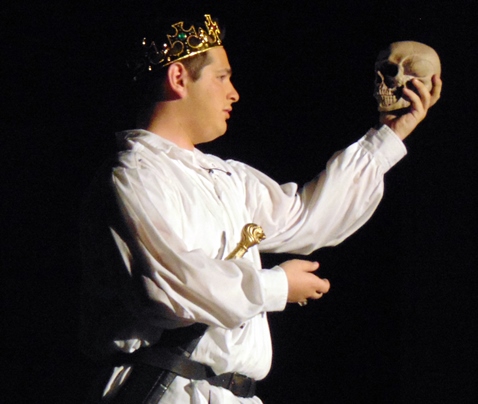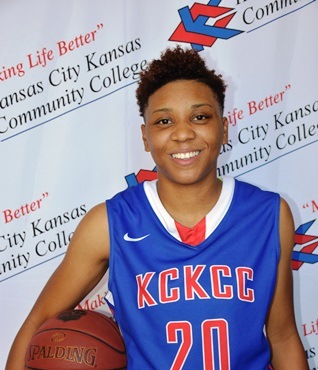The state’s property tax lid on local governments came under criticism at the Unified Government Commission’s special session on Nov. 12.
A measure passed last year that would implement a local property tax lid beginning in 2018, said Mike Taylor, Unified Government lobbyist. Cities and counties would be prohibited from increasing property tax revenues above the inflation rate without a public vote, under this law.
Taylor was presenting legislative issues to the commission to get their comments in advance of issuing the UG legislative platform. The repeal of the property tax lid will be the UG’s No. 1 legislative priority, he said.
Taylor said there is an effort underway in the Kansas Legislature to pass amendments that would move the start date to 2016 and eliminate some of the exceptions. Exceptions now include new growth and construction; state and federal mandates; bond and interest payments; and payment of legal judgments.
Taylor said the process used to pass the tax lid was undemocratic. It was introduced after a senator dined with anti-tax lobbyists, and it passed on a Sunday afternoon two hours after it was introduced in a floor amendment, he said. There was no real debate and no hearing on the bill.
“It’s unworkable because it wasn’t vetted,” he said.
The bill doesn’t work with the election schedule, he added. Usually budget proposals are proposed in June or July, with workshops and hearings in July, and budgets are adopted around Aug. 1, with assessed values certified Aug. 25, he said.
“How do you hold an Aug. 1 election if you haven’t adopted your budget yet?” Taylor asked. “How do you know if it’s going to be an increase in the mill levy above the CPI (consumer price index)? That doesn’t work. You can’t have an Aug. 1 election. You would have to then, out of necessity, either hold an Aug. 1 election or do a Nov. 1 election.”
The election commissioner needs at least 60 days to prepare the ballot, so the timeline doesn’t work with the budgeting cycle as required by state law, he said. Also, military voters are required to receive their ballots 45 days before an election, he added.
Since it doesn’t work for August, the city or county would have to hold a November election, he said. If it doesn’t pass, the city or county would have to start over Nov. 1 with an entirely new budget proposal.
“A lot of the counties don’t like that because the clerks have to get the tax notices prepared and sent out, and in most counties, other than the four largest, they are also the election official,” Taylor said. “So they’re having a lot of fits about this because, how do we get values certified, the tax notices prepared, and prepare for a special election. So it’s totally unworkable.”
He said supporters of the tax lid bill said it would have saved taxpayers $5.8 billion from 2004 to 2014. However, Taylor said that is a myth. Included in those figures were new growth and voter-approved bond issues, he said.
Population grew 10 percent in first-class cities between 2004 and 2014, while property taxes went up only 3 percent when adjusted for inflation and population growth, he said.
There is a cost for new growth and construction, and communities might have to build new streets or hire more police and firefighters, he said.
Taylor also said the tax lid law is a violation of local control. While they rail against the federal government putting any mandates on the state, they don’t hesitate to meddle in the business of local government, trampling on local control, he said.
There is a home rule amendment in the Kansas Constitution, approved by the voters, which supports the idea that local decisions are better than state decisions mandated by legislators in Topeka, he said.
It’s hypocritical for the state to take its 1.5 mills from every tax bill, not requiring itself to have a public vote, according to Taylor.
“They would be able to reap extra dollars from increases in the mill levies, but we wouldn’t be able to,” he said.
From 1998 to 2013, the property taxes collected by the state increased 67 percent, while property taxes collected by the 25 largest cities only increased 3 percent, Taylor said.
“They (the state) raised the sales tax this year. They didn’t require a public vote to do that, they just did it,” he said.
“I think local governments have shown we are efficient, we are responsible,” Taylor said. “The biggest reason for property tax increases in the state of Kansas is the Kansas Legislature.”
Local tax rates go up when the state cuts funding to local governments, according to Taylor. The state’s amount of local ad valorem tax reduction dollars that were cut to local governments is now close to $2 billion throughout Kansas, he said. The state has repealed the property tax on machinery and equipment, costing hundreds of millions in assessed value here; stopped the mortgage revenue fee, costing the UG several million dollars; and there has been a loss of property tax values because of the recession, he said.
The UG has furloughed employees, canceled pay raises for several years and cut spending 20 percent in every department, he said.
In the last 10 years, the UG has averaged a $6 million loss in state revenues or state policy changes, for a total of about $60 million lost during the 10-year period here, Mayor Mark Holland said.
The Kansas League of Municipalities and Kansas Association of Counties plans to introduce legislation that would repeal the property tax lid. Since that may not pass, they also are working on another plan to amend the property tax bill, he said.
“When we build a Healthy Campus downtown, Kansas City, Kan., a $30 million capital investment,” Mayor Holland said, “one of the goals is it would raise property values around it. You cannot capture the increased property values of our own development.”
The same thing applies to future improvements at Indian Springs, he said.
He said he finds that “infuriating.”
“It’s an anti-investment, anti-growth legislation,” Mayor Holland said.
Currently the UG is considering whether to reduce its mill levy next year with some of the payoff of STAR bonds, he said.
“Can we reduce our mill levy when we can’t raise it again?” he asked. “It’s put us in a bind. They have disincentivized us to invest in our community, they have disincentivized us to lower our mill levy. They have created a really toxic, top-down environment at the state on local control.”
Plus, the state has exempted itself from this rule, he added.
“We can grow our city and they’ll benefit from our growth in our city, but we won’t. So that’s a problem.” he said.
“Our long-term strategy is to reduce our mill levy down to a competitive rate, while they’ve disincentivized that for all communities,” Mayor Holland said.
The same law also affects the school districts, as well as the community college, Holland said. Taylor said it also applies to drainage districts, library boards and any taxing entity with over $1,000 in tax funds.
“There have already been local elections, and they elected this board to make these decisions,” Mayor Holland said. “And if we make bad decisions about taxes, I can assure you the voters will come to the polls and let us know.”
Taylor said he expected the Greater Kansas City Chamber as well as the Kansas City, Kan., Area Chamber of Commerce to support the UG’s position that there needs to be a repeal of the tax lid law.


